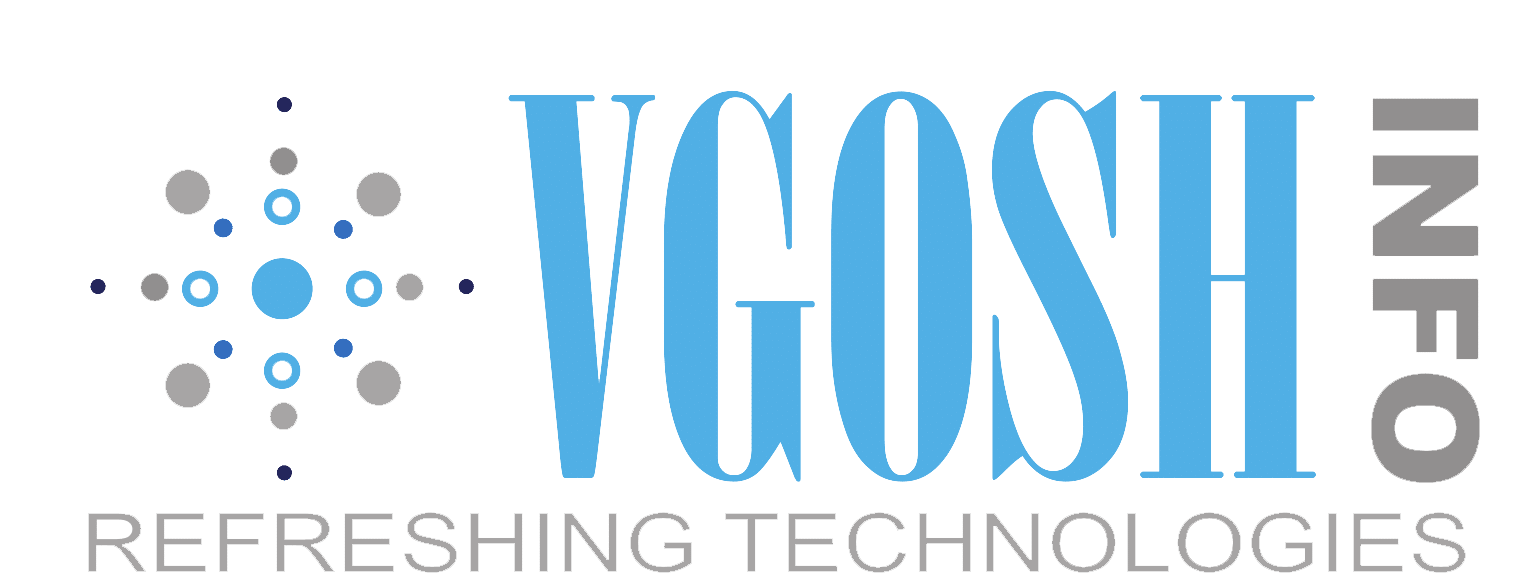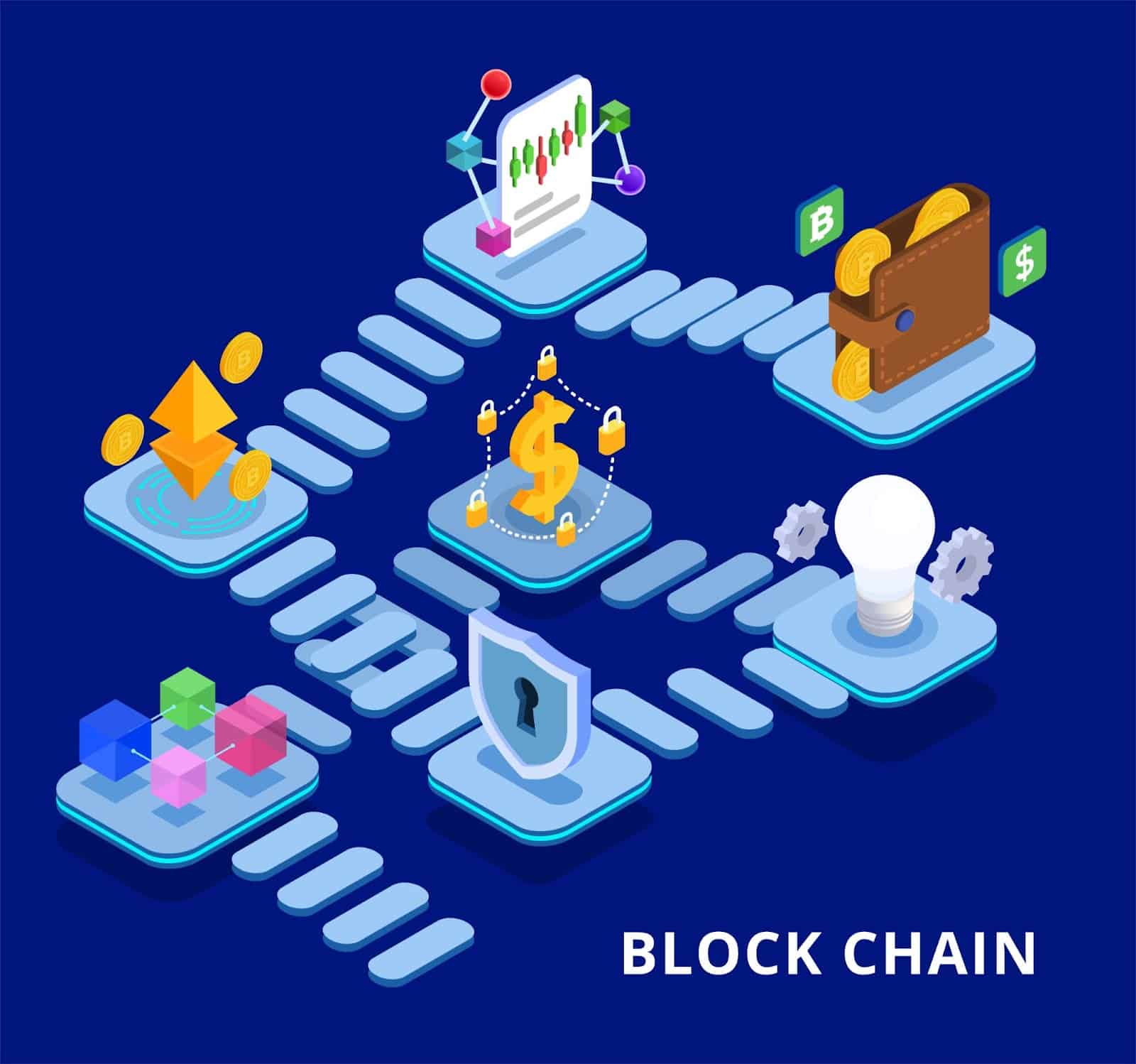What Are The Challenges and Risks Associated with Implementing Blockchain Solutions?
Blockchain technology has been gaining widespread attention as a secure and decentralized solution for various industries, including finance, healthcare, and supply chain management. However, as with any new technology, there are several challenges and risks associated with implementing blockchain solutions. This blog will discuss some of the most significant challenges and risks that organizations face when implementing blockchain solutions.
- Technical Complexity
One of the primary challenges of implementing blockchain solutions is the technical complexity involved in developing and maintaining a blockchain system. The technology is still in its early stages of development and requires specialized knowledge to understand and implement. This can be a barrier to entry for organizations that do not have a team of experts in blockchain technology.
- Interoperability
Interoperability is another challenge associated with blockchain solutions. Since blockchain solutions are decentralized, it can be challenging to integrate them with existing systems and processes. This lack of interoperability can limit the usefulness of blockchain solutions and reduce their overall impact.
- Scalability
Scalability is a major challenge for blockchain solutions, particularly for public blockchains. As more users and transactions are added to the network, it can become increasingly difficult to process transactions in a timely manner. This can result in slow transaction times and higher fees, which can make blockchain solutions less attractive to users.
- Regulation
Regulation is another significant challenge for blockchain solutions. Blockchain technology is still evolving, and many countries have not yet established clear regulatory frameworks for the technology. This lack of regulation can create uncertainty for organizations and investors, which can slow down the adoption of blockchain solutions.
- Security
Security is a critical aspect of blockchain solutions, as the technology is designed to be secure and tamper-proof. However, the decentralized nature of blockchain technology can also make it vulnerable to attacks. For example, 51% of attacks, where a malicious actor gains control of more than 50% of the network’s computational power, can be used to manipulate the blockchain and compromise the security of the system.
- Adoption
Adoption is another challenge for blockchain solutions. Despite its potential benefits, many organizations and individuals are still unfamiliar with blockchain technology and may be hesitant to adopt it. This lack of understanding and familiarity with the technology can make it difficult for organizations to justify the costs and resources required to implement blockchain solutions.
- Data Privacy
Data privacy is another risk associated with blockchain solutions. Since blockchain solutions are decentralized and transparent, data stored on the blockchain can be accessed by anyone on the network. This can raise concerns about privacy and the potential misuse of personal data.
In conclusion, implementing blockchain solutions is a complex and challenging process, and organizations must carefully consider the risks and challenges associated with the technology. From technical complexity to regulatory issues and data privacy, there are many factors to consider before implementing a blockchain solution. However, despite these challenges and risks, the potential benefits of blockchain technology make it a compelling option for many organizations. As the technology continues to evolve, it is likely that many of these challenges and risks will be addressed, making it easier for organizations to adopt and implement blockchain solutions.

